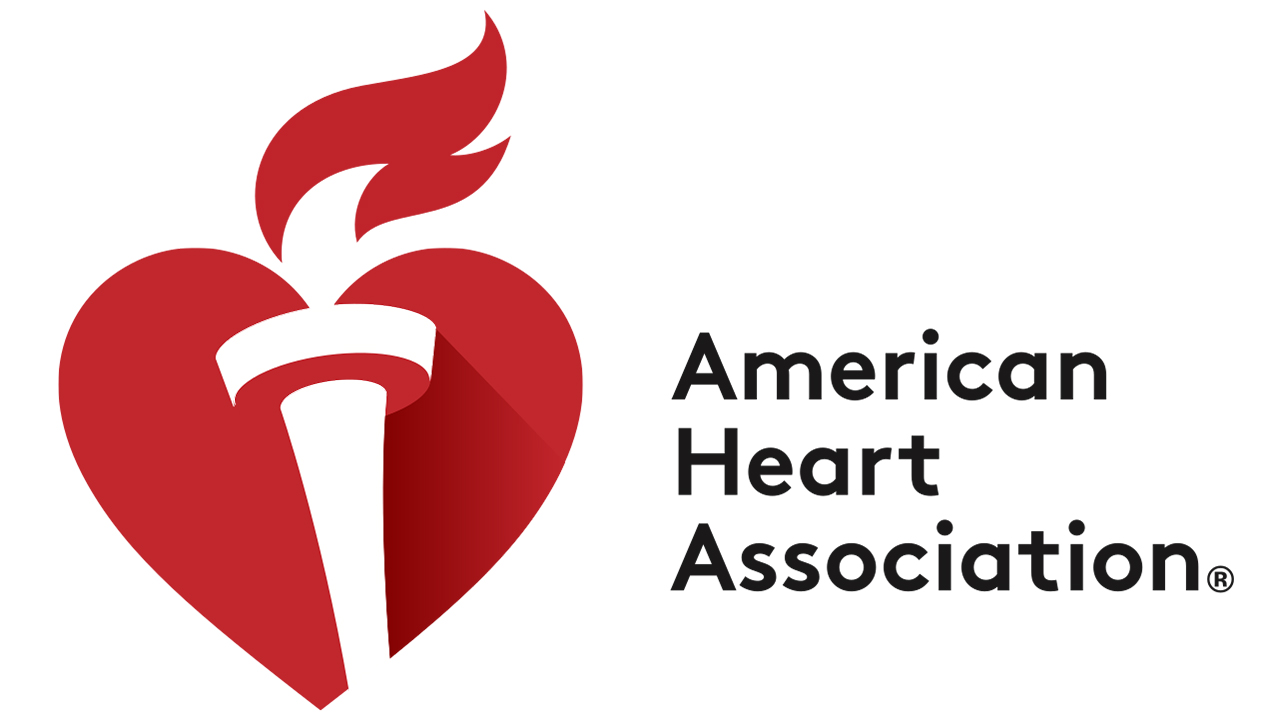About 40 million adults in the U.S. take a statin to lower their cholesterol and reduce the risk for heart disease. They might also be getting an added anti-cancer benefit, a growing body of evidence suggests.
Scientists first began investigating a connection between statins and cancer while looking at the drug's potential long-term side effects. Early animal studies that showed statins could spur cancer growth in rodents initially raised concerns.
But results in people from observational studies and randomized controlled trials investigating the effect of statins on heart disease have quelled fears. These studies didn't show higher cancer rates. In fact, they have suggested people taking statins are less likely to be diagnosed with prostate cancer and are living longer after a breast, colorectal, kidney or lung cancer diagnosis than people not on statins.
Many researchers continue to study the relationship between statins and cancer. Among them is Dr. Chiara Melloni, an associate professor at Duke University School of Medicine in Durham, North Carolina. She and her colleagues investigated whether statin use affected outcomes in people with colorectal cancer.
They analyzed the medical records of 29,498 veterans who had been diagnosed with colorectal cancer at a VA Medical Center from 2001 to 2011. After about five years of follow-up, those taking a statin at the time of their cancer diagnosis were 31% less likely to die from any cause and 38% less likely to die from colorectal cancer than those not taking the medication, even after adjusting for factors such as the tumor's location and stage.

 About 40 million adults in the U.S. take a statin for cholesterol and heart disease. Research suggests they might also be getting an added anti-cancer benefit
About 40 million adults in the U.S. take a statin for cholesterol and heart disease. Research suggests they might also be getting an added anti-cancer benefit









.jpeg)

.jpeg)
.jpeg)

.jpeg)


.jpeg)



.jpeg)
.jpeg)
.jpeg)


.jpg)


.jpeg)
.jpeg)